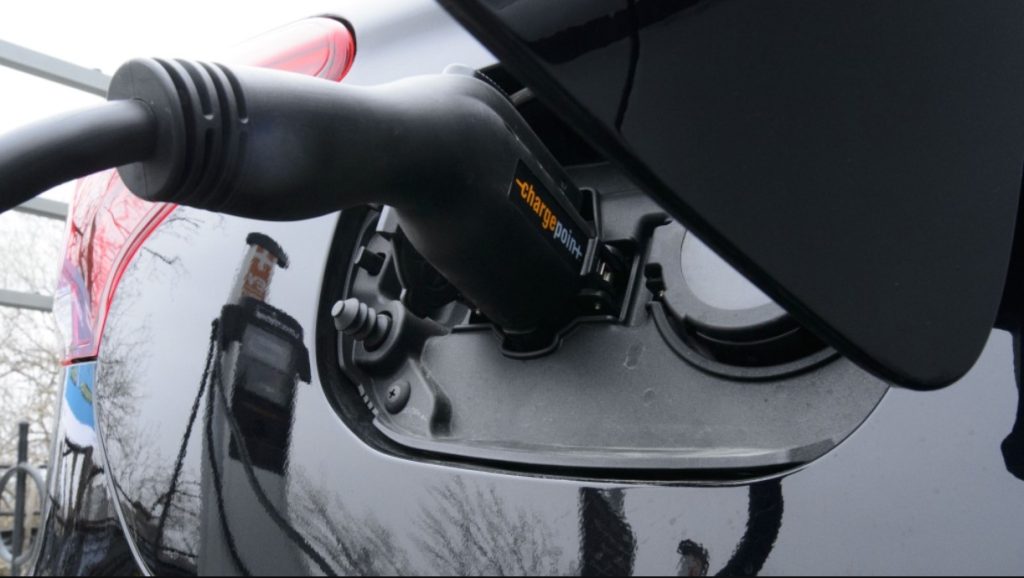What effect could tariffs on Chinese-made EVs have on consumers?
Posted August 27, 2024 11:41 am.
Last Updated August 27, 2024 11:49 am.
As the prime minister announced steep tariffs on Chinese-made electric vehicles, some say the move actually negatively impacts consumers as Canada continues to push for higher EV adoption rates.
“All the electric vehicles available are really high priced,” said Robert Parsons, a supply chain management lecturer at the University of Manitoba’s Asper School of Business. “And now with the tariffs, they are even going to be even more higher priced.”
Several provinces in Canada have introduced rebates to make buying an EV cheaper, including Manitoba, where EV owners can get $4,000 on the purchase of a new vehicle or $2,500 for a pre-owned one.
But it might be even harder for Canadians to get their hands on a Chinese-made EV as Canada follows in the United States’ footsteps in imposing a 100 per cent tariff on the vehicles.
China later slammed Canada’s decision, promising there will be retaliation. Lin Jian, a spokesman for China’s foreign minister, says Canada’s decision “ignores facts” and is against world trade rules.
“Part of me kind of disagrees with it,” said James Hart, president of the Manitoba Electric Vehicle Association. “The Chinese EVs are going to be great for the lower income, the people that are just looking for the most economical vehicles.
“I look at it when Honda and Hyundai started coming into North America. It helped make vehicle ownership affordable.”

The move is seen as a way to counter any potential influx of Chinese-made electric vehicles into Canada that are driven down in price with the help of government subsidies.
The federal government has also partnered with provinces to spend taxpayer dollars to build up the EV manufacturing sector in Canada.
“If we are going to incentivize something, let’s incentivize hybrids and transit,” said Parsons. “Let’s improve transit.
“From an emission reduction, affordability and equity perspective, incentivizing and getting more into public transit is a good thing.
“But also, we make those vehicles in Canada. Canada is the leading manufacturer of transit buses in all of North America, already. This is an industry we lead, why can’t we put more into that as opposed to trying to compete with China, because we can’t.”
Some Manitobans aren’t completely sold on Chinese-made EVs just yet.
“It would all depend,” said Sandra Pappas. “You would have to compare apples to apples, you would have to figure out the quality.”
“In terms of the quality, the warranty, and all that goes into owning an electric vehicle, that would be something I would have to consider in my decision making,” added another.
But for others, they could see themselves in one, if the price was right.
“No, I wouldn’t have a problem buying a Chinese vehicle,” said Jeff Lattea. “If the price was a little bit cheaper, sure.”
–With files from The Canadian Press








